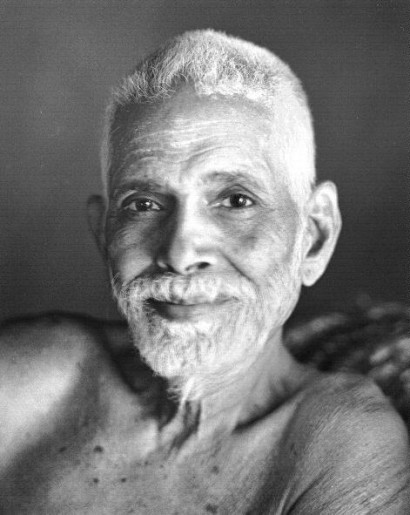
To achieve
what the zen buddhists
call “beginner’s mind,” you dispense
with all preconceptions and enter
each situation as if seeing it
for the first time.
“In the
beginner’s mind there
are many possibilities,” wrote
Shunryu Suzuki in his book Zen Mind,
Beginner’s Mind, “but in the
expert’s there are few.”
As much
as I love beginner’s
mind, though, I advocate an
additional discipline: cultivating a
beginner’s heart. That means approaching
every encounter imbued with a freshly
invoked wave of love that is as pure
as if you’re feeling it for
the first time.




